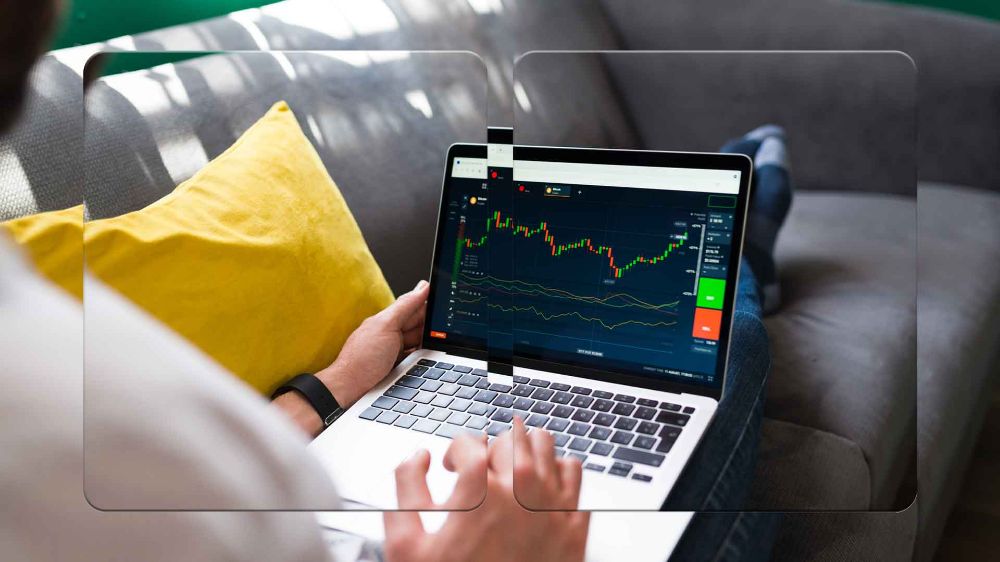Gold Trading in London: Understanding the London Spot Gold Price
Gold trading has been an important part of London's financial history for centuries, and the city remains a key hub for global gold trading to this day. For investors and traders looking to buy or sell gold, the London spot gold price is a crucial indicator of market sentiment and pricing. In this article, we'll take a closer look at the London spot gold price, and provide guidance on gold trading in London.
What is the London Spot Gold Price?
The London spot gold price is the price at which gold is traded in London for immediate delivery, with settlement typically taking place within two days. The London gold market is operated by the London Bullion Market Association (LBMA), and the price of gold is determined through a twice-daily auction process known as the LBMA Gold Price. The LBMA Gold Price is set by a panel of five market-making members, and is based on the most actively traded spot contracts on the OTC market.
Why is the London Spot Gold Price Important?
The London spot gold price is an important benchmark for gold trading around the world, as it is used by many banks, investors, and central banks to price and trade gold. The LBMA Gold Price is widely regarded as a reliable and transparent pricing mechanism, and is used as the reference price for a range of financial products, including gold ETFs, futures contracts, and options. Understanding the London spot gold price is crucial for gold traders, as it provides a real-time indication of market sentiment and pricing, and can help traders make informed decisions about when to buy or sell gold.
How to Trade Gold in London
For traders and investors looking to trade gold in London, there are a few key options to consider. Here are some of the most common methods for trading gold in London:
- Physical Gold: Investors can purchase physical gold bars or coins from dealers and brokers in London, either for delivery or for storage in a secure vault. Physical gold trading typically involves higher transaction costs and storage fees, but offers the advantage of direct ownership of the underlying asset.
- Gold ETFs: Exchange-traded funds (ETFs) are investment products that track the price of gold, and are traded on stock exchanges like regular stocks. Gold ETFs offer a convenient and low-cost way to gain exposure to the gold market, without the need for physical storage or delivery.
- Futures and Options: Futures and options contracts allow traders to speculate on the future price of gold, and can offer opportunities for leverage and hedging. However, trading futures and options can be complex and risky, and requires a thorough understanding of market dynamics and pricing.
Conclusion
The London spot gold price is a key indicator of global gold market sentiment and pricing, and is an important benchmark for gold traders and investors around the world. For those looking to trade gold in London, there are a range of options available, including physical gold, gold ETFs, and futures and options contracts. By understanding the dynamics of the gold market and staying up to date on the latest market trends, traders can make informed decisions about when to buy or sell gold, and maximize their returns.



Комментарии
Отправить комментарий